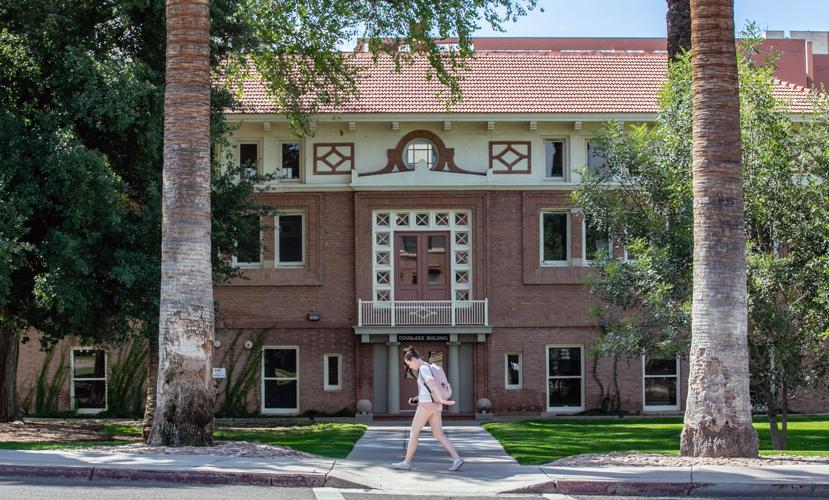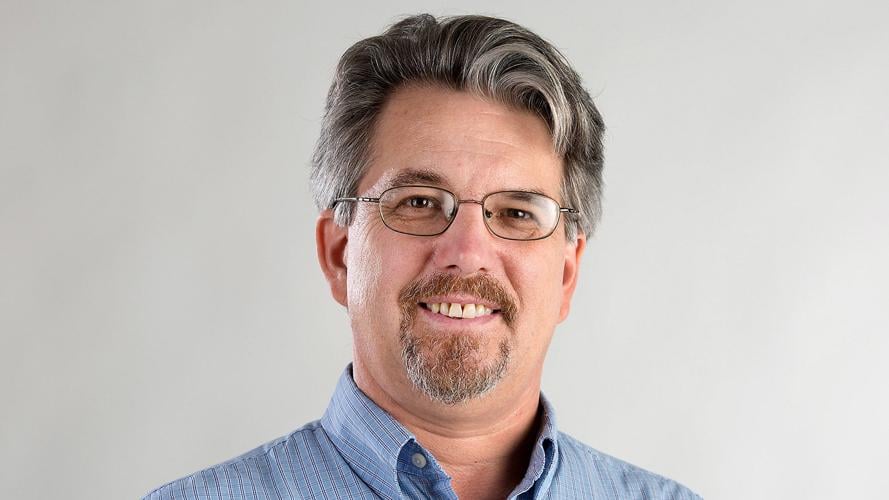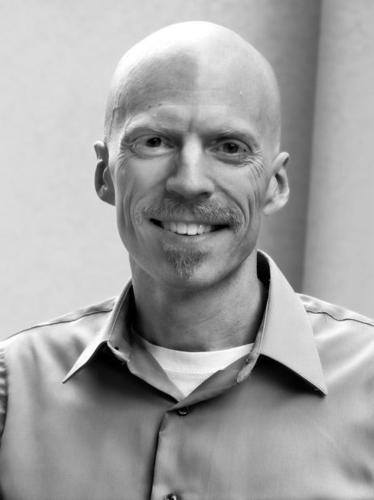Years ago, critics knocked the UA’s Center for the Philosophy of Freedom by saying its wealthy donors were corrupting the university to spread an ideology that benefits the rich.
The Charles Koch Foundation’s annual $200,000 donations were key to the case.
“Institutes like the UA Freedom Center are beachheads in the Koch network assault on our institutions of higher learning,” said a 2017 press release by a University of Arizona group called Kochs Off Campus.
The center, which focuses on a subspecialty known as political philosophy, weathered those political storms on campus, and the private donations were gradually replaced by an unusual, direct appropriation from the Arizona Legislature.
Republican legislators, concerned about homogenous progressivism they perceived at the university, tried to nurture the relatively little libertarian and conservative thought on campus, which they found at the center.
“We thought there was a need for intellectual diversity on campus,” said Jonathan Paton, the former state legislator who as a lobbyist helped guide state appropriations to passage. “Here was something that already existed.”
But it turns out that internally the Legislature’s largesse, pouring up to $2.5 million per year of taxpayer money into the center, created a bit of a monster. The center and its director became bigger than the College of Social and Behavioral Sciences, where it was located, and, critics say, bigger than the rules for internal governance of the university.
An external evaluation of the center, completed last year but released through a public-records request on June 2, reveals an academic center that surged to prominence thanks to the fundraising, networking and scholarly prowess of its director, David Schmidtz. The evaluation compliments the center’s performance in hiring, research and outreach, along with fundraising.
“Its journals, the talks it sponsors, and its wealth of scholarly publications at the highest levels of the discipline do not reflect bias or one-sidedness but inclusiveness and excellence,” says the evaluation, written by a committee of four evaluators whose names are redacted from the report.
However, the evaluation also shows how the center concentrated too much power in the hands of Schmidtz, a philosophy professor, who made decisions unilaterally and opaquely. Fellowships were awarded, hires were made, mission statements changed without the input of others, according to the evaluation and interviews with faculty who worked in the center.
“As soon as the money started coming in and it got real, Schmidtz kind of became the Flying Dutchman,” said philosophy professor Daniel Russell, who served in the center from 2010 to 2018. “Relationships were different. He was doing his own thing all the time.”
“As soon as it was public money that got involved, everything changed.”
Between 2009 and 2013, when the center was funded primarily through private donations, it received between $578,000 and $1.05 million. Between 2014 and 2018, the total funding reached as high as $3.9 million, in 2017, most of it from the state and only $58,000 per year for three years from the Charles Koch Foundation. This year, the state budget includes another $2.5 million for the center.
This video was taken on June 17 with the camera pointed to the northwest near the Mount Lemmon Fire District. Video courtesy of Southern Arizo…
Coincidentally or not, a handful of key conflicts came to a head in the year between spring of 2018 and spring of 2019.
For the 2017-2018 academic year, philosophy professor Michael McKenna was named director of the Freedom Center, the first time Schmidtz had not been in that position, but McKenna ended up leaving abruptly.
“Prof. Michael McKenna was one of the successful original hires of the Center, and he continues to contribute to the excellence of the philosophy department,” the external evaluation says. “Yet he seems to have been kept in the dark about various aspects of the functioning of the Center during his term as director, not only by Prof. Schmidtz, but by the administration as well.”
“This fact — along with the pressure put on him to defend the Center during a period where it was under considerable attack and his (at least perceived) lack of control over the Center’s expenditures and activities — led him to resign as director at what he believes was significant personal cost.”
McKenna declined to comment for this column, but Russell, who was there for this episode, said the reason McKenna stepped down is “he found out he’s not been director at all.”
In the fall of 2018, Russell had his own falling-out with Schmidtz over the operation of the center.
According to a grievance Russell filed later, Russell confronted Schmidtz about several unilateral decisions he had made.
“When I asked Schmidtz why he had unilaterally made a project of his own (the high school program) a project of the Freedom Center faculty, he replied to me, ‘It is all my project. Even you are my project.’ Then, when I objected to this, he replied by reminding me that I was free to resign from the Center.”
He eventually did, and reverted to his academic home in the philosophy department. This year, the vice president for research, innovation and impact, Elizabeth Cantwell, denied Russell’s complaint.
As the center’s budget grew, Schmidtz and his colleagues proposed and formed the new department of political economy and moral sciences. The idea was that it, instead of the philosophy department, would be the academic home of the Freedom Center and of the specialized undergraduate major in philosophy, politics, economics and law. Schmidtz committed state funding for the center to the new department, known as PEMS.
Initially, Schmidtz was head of the new department as well as the center, but he was replaced by professor Jerry Gaus when it became evident Schmidtz was overcommitted. When it came time to hire faculty for the new department, that relationship fractured. Here’s how Gaus, the current head of the new department, explained it in an email:
“Originally, the Freedom Center, via its special state allocation, was to fund, directly or indirectly, two of PEMS’s positions. However, in committee meetings about hiring for those positions, I insisted on academic independence from the Freedom Center. Schmidtz strongly opposed the search committee’s hiring recommendations.”
“The College of Social and Behavioral Sciences supported the search committee, and those appointments were made in May-June 2019. Subsequently, in November of 2019 the Freedom Center, with the approval of the University’s central administration, withdrew all funding from PEMS. We now receive no funding whatsoever from the Freedom Center.”
Schmidtz had a slightly different version of the withdrawal of funding, explaining in an email: “Once we all agreed that I would no longer be Head of PEMS, that was the same thing as agreeing that I would no longer have the burdens that go with being Head, including raising funds for it.”
As part of the external evaluation process, the center produced its own internal evaluation document. In it, the center proposed moving out of the College of Social and Behavioral Sciences and reporting directly to the UA vice president for research.
Such a move, the internal evaluation said, “would be congruent with the Freedom Center’s status as a unit receiving a direct state allocation of funding, as it would position the Center closer to the central administrative functions responsible for state and federal relations.”
The move happened, and the Freedom Center became one of 15 centers and institutions reporting directly to Cantwell. At that level, Russell said, Schmidtz is beyond the reach of the normal university governance.
“He represents $2.5 million every year, and he represents the good graces of the state Legislature,” Russell said. “The money creates a conflict of interest among top administrators. They’re supposed to be overseeing him, but he also brings in $2.5 million a year.”
Schmidtz told me in an email he hasn’t assumed the role of representing the UA to the Legislature, but that the center lends itself to that use.
“I think we are a pivotal part of UA’s case that UA is a leader when it comes to intellectual diversity,” he wrote in an email. “Various administrators have advised me to interpret occasional local opposition as a sign that UA is succeeding in its main mission of being a place for the ‘uncomfortable conversations’ that are the sign of healthy intellectual energy and progress.”
Of course, the money he brings in helps to smooth down any internal opposition the center might raise. In an era of slashed budgets at the UA, that sort of political pull and fundraising acumen will only become more of a superpower.
A roll call of celebrities, leaders and other notable people who have died so far in 2020:









